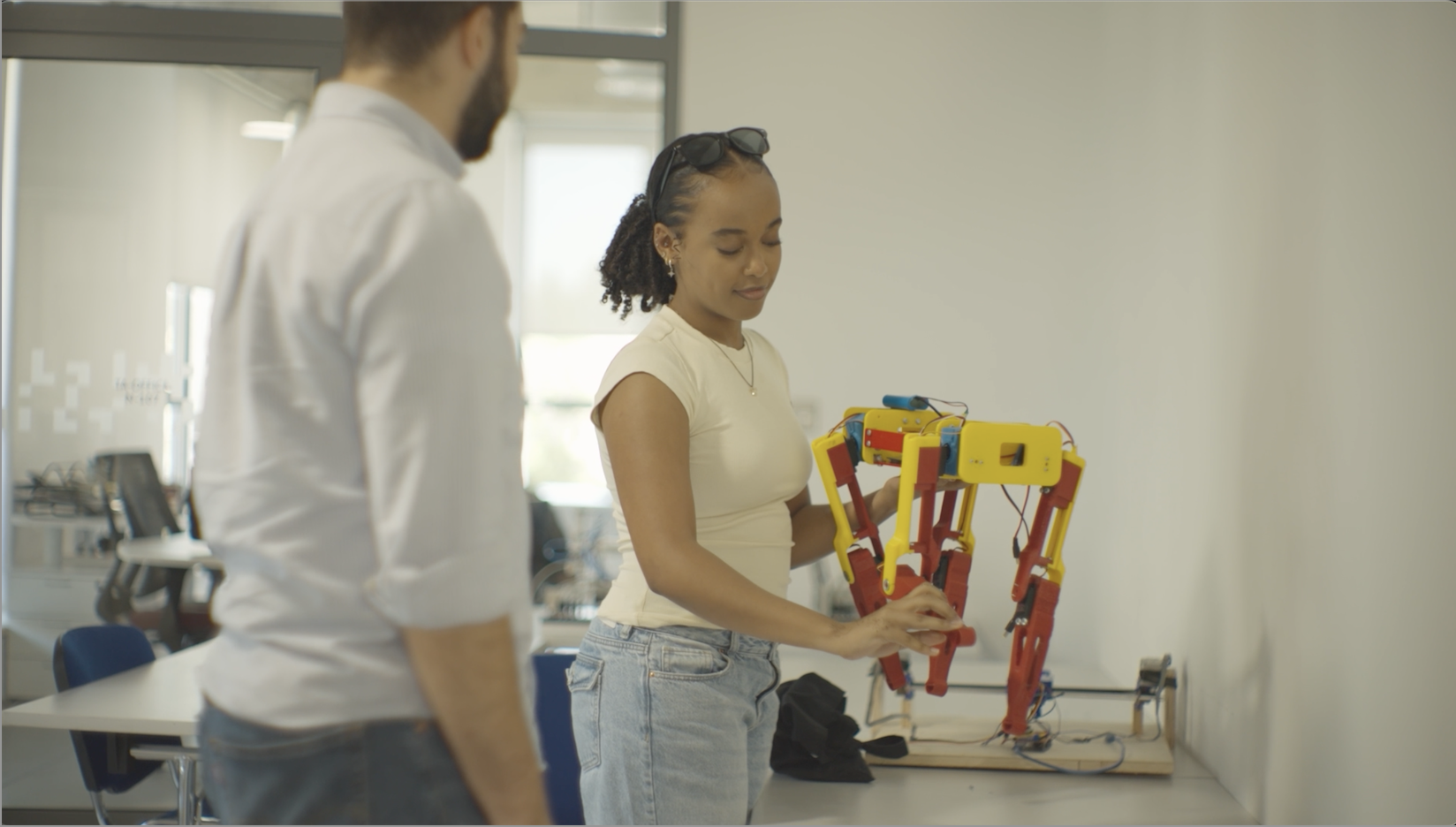- November 04, 2025
An interview with Alberto Hernandez '17
In the summer of 2017, Alberto Hernandez was in the first cohort of MIT students to do an internship in Morocco. Then, a rising senior physics major, Alberto spent the summer at OCP in Casablanca. Today Alberto is Government Relations & Policy Officer and the Syrian American Council (SAC). As part of his role he serves as the primary liaison with congressional offices, federal agencies, and foreign diplomats to advance SAC’s policy objectives and monitor legislative developments.
What did you study at MIT and why did you apply to MISTI?
I studied Physics (Course 8) and Mathematics (Course 18). I applied to MISTI after hearing positive experiences from friends and wanting to take advantage of the opportunity to go abroad. After not landing the consulting internship I was aiming for in junior summer, I decided to explore something different and immerse myself internationally.
When did you participate in MISTI? What did you do during your internship experience?
I participated in summer 2016. I interned at OCP, a phosphate mining and fertilizer company in Morocco, where I worked on automating their shipping schedule process. I was working on a Python tool to replace what had been weeks of manual work with a faster, more reliable system.
What were the professional and personal highlights of the experience?
Professionally, it was rewarding to apply classroom knowledge to real-world engineering problems with direct impact. Personally, the independence of living abroad, learning about a new culture and country, and connecting with colleagues from different backgrounds was invaluable.
What were some of the most valuable skills you learned?
Adapting quickly, problem-solving in a new environment, and appreciating both the similarities and differences of human experience across cultures.
How did your internship in Morocco impact your personal and professional development?
The experience shaped my perspective and nudged me toward public policy. Seeing social and structural challenges up close made me want to address problems not just technically but from a broader policy and people-focused lens. I went on to pursue a Master’s in Public Policy and now work in foreign policy with a focus on the Middle East.
Anything else to share?
The internship sparked an enduring connection with the region and influenced the direction of my career.
What advice would you give to other MIT students considering MISTI in the region?
Do it. Engage fully—work, live, and talk with people. You’ll discover unexpected common ground and gain perspectives that will stay with you long after MIT.
Learn more about the MISTI Arab World program
